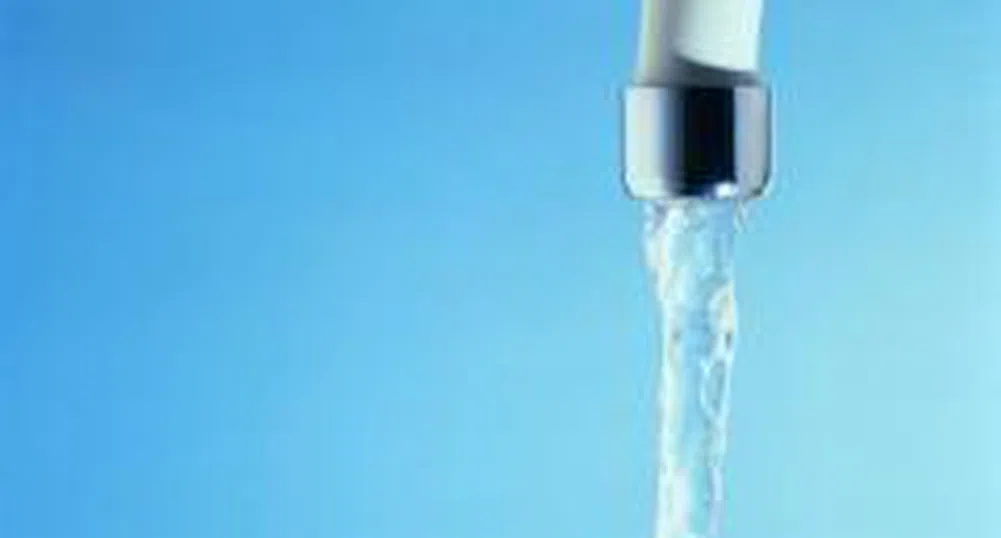Official Data Show Water Losses in Bulgaria at 61.7%

Official data show that the average water loss in Bulgaria stands at 61.7 per cent. Forty-four per cent of drinking water is treated by 42 water treatment plants, said Roumen Arsov, Chief Secretary of the Bulgarian Water
He addressed a working meeting on developing the water sector's capacity on Thursday.
Nearly 99 per cent of Bulgarians are connected to central water supply systems managed by the water and sewerage companies. Currently, the length of water pipes totals 73,500 km. Seventy-three per cent of the pipes are made of asbestos cement, which Arsov called "a tragedy".
Also, 57 per cent of the water pipe networks were built before 1970 and are worn out. Only 0.1 per cent of the water pipe networks are newly-built, and another 0.3 per cent have been repaired, Arsov said.
On average, nearly 70 per cent of the population is connected to sewerage networks, which are also managed by the water and sewerage companies. Seventy-one per cent of cities are connected to sewerage networks, which service 95 per cent of their population. In contrast, only 2.5 per cent of rural settlements have sewerage networks, which service 9 per cent of the rural population. The total length of sewerage networks exceeds 10,000 km. Of these, some 85 per cent are made of concrete or ferro-concrete pipes. Water infiltration through these adds to water losses through the water supply networks.
Some 90 per cent of the sewerage networks were put into operation before 1990, and 64 per cent of waste water is treated by the 72 waste water treatment plants in Bulgaria. Of these, 54 employ biological (secondary) treatment, and the other 16 use mechanical (primary) treatment.
Some forty-one per cent of the population and eighty-five towns are serviced by these treatment plants, which are also part of the assets of the water and sewerage companies.
Under the Operational Program Environment, a total of 430 waste water treatment plants will start operating in settlements with a population of over 2,000 by 2015, which requires a huge effort, Arsov said.
The expenditure on tangible fixed assets for environmental purposes in the water sector between 2002 and 2006 added up to 590 million leva, of which 250 million leva were spent on waste water treatment plants.
The investments needed in the water sector in Bulgaria are currently projected at over 10,000 million euro. Arsov said that at the present rate of investment growth the goals set in the National Program cannot be achieved.
Currently, 1,700 engineers, 1,200 mechanics and 12,300 workers are employed in the water sector. Administrative staff numbers 2,500.
An extra 1,200 engineers, 1,400 mechanics and 7,000 workers will be needed for the waste water treatment plants and sewerage networks which are planned to be built.
Source: BTA
)
&format=webp)
&format=webp)
&format=webp)
&format=webp)
&format=webp)
&format=webp)